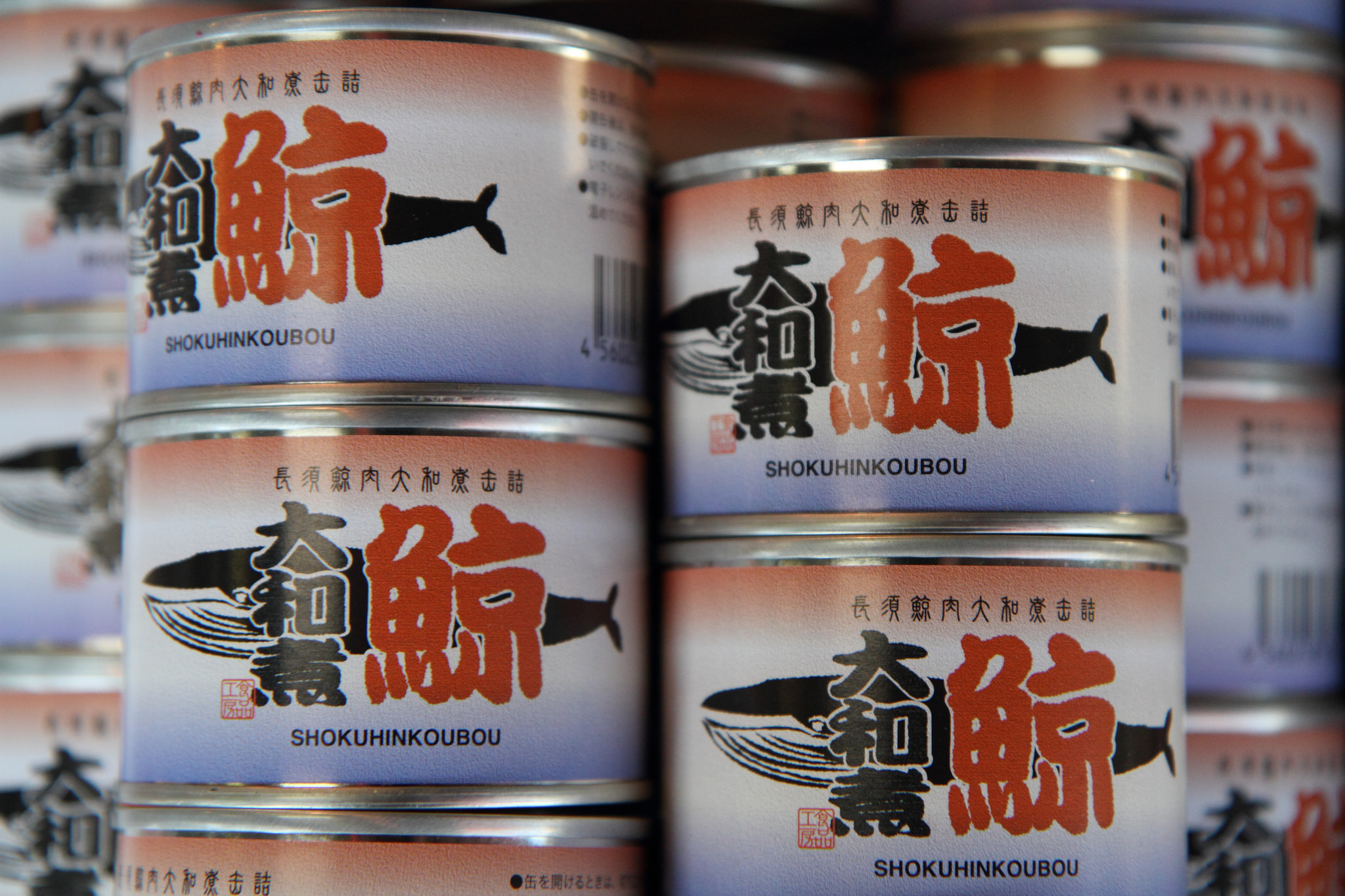Whaling has been a major part of Japanese culture for well over 1,000 years. In times gone, an old Japanese proverb spoke to the efficiency of the practice: “There’s nothing to throw away from a whale except its voice.” A whale’s meat could feed a fisherman’s family. A whale’s oil lit their lamps and provided light. A whale’s bone could be used to make clothing, jewelry, and other luxury items.
Despite the loss of life, the culture of whaling honored the animal by making total use of its body. In modern times, however, indiscriminate whaling has placed many whales on the brink of extinction.
The Historical Influence
Whaling is first mentioned in the Kojiki, the oldest known Japanese book in existence, even older than the Tale of Genji. This book chronicled the reign of Emperor Jimmu, who reportedly ate whale meat. There are also many other Japanese historical records that mention whaling.
Whaling techniques advanced over the years, from the early periods of hand spears and harpoons to more advanced methods in the Meiji period. In 1606, a man named Wada Chubei created a method for hunting in groups. Years later, another man introduced a whaling method with nets.
However, the number of whales that could be hunted through these methods was limited based on manpower. After steam-powered ships came on the scene, whaling expeditions produced much more meat and introduced the more wasteful practices that are still used today.
In fact, there are theories that when Commodore Matthew Perry arrived in Edo Bay, he sought a new whaling base. His arrival in Japan lit a spark that ignited underlying tensions and started the Meiji Revolution. This era introduced whaling practices that included the use of guns, but many Japanese fishermen opposed this style of whaling.
The aimless killing of whales went against everything the fishermen stood for. Many villages had built Whale Shrines, as early beliefs praised whales as gods of the sea. However, the practice provided a large income—and as it so often does, the drive for thicker wallets won out over tradition.
However, after World War II, many Japanese villages faced famine and food shortages, so whaling once more became a reliable method of obtaining protein. Many villages relied on what the ships brought back to survive, but that changed in 1982.
The International Whaling Commission
The International Whaling Commission, or IWC, voted in 1982 to ban commercial whaling worldwide. This law would go into effect in 1986. Japan did not initially comply with this law, but the United States put pressure on the country to cease their whaling efforts by forbidding them to fish in Alaskan waters.
Whale consumption peaked in 1962, when Japan sold 226,000 tons of whale meat. After years of decline, this number bottomed out at 15,000 tons in 1985. The ban on commercial whaling still exists, but there are some groups that ignore this ban and continue to hunt whales illegally.
The Practice in Modern Times
Last year, Japan passed a bill that enshrined commercial whaling. This is the start of Japan’s plan to one day resume commercial whaling, even though the ban still exists. As of July 12, 2018, 40 of the 88 members of the IWC supported the practice of whaling as long as it was limited to specific, overly-abundant species of whale.
A scientific committee would approve these species before they would be allowed on the list of whale species that could be hunted. However, 48 members of the IWC are still in support of a total ban on whaling.
Under the new bill, Japan will dedicate roughly $58 million per year to the country’s whaling program. They are gearing up to resume the practice when the laws surrounding commercial whaling change.
Ultimately, the question boils down to one of morality and responsibility. Hunting animals is not illegal, but over-hunting to the point of extinction is. If one species becomes too numerous, it can put other species at risk by consuming their food and dominating breeding grounds.
Whales are majestic creatures, and it is hard for the average person to imagine hunting one of these animals. However, if marine biologists decide that one species might put another on the brink of extinction, should humans intervene and reduce the offending population or sit back and let nature run its course?
The answer is not clear, nor is the answer of whether one country should completely outlaw the cultural practices of another country entirely. Should whaling still be possible in Japan, provided it is done under strict supervision and within rigid limitations?
Photo: JD/Creative Commons

